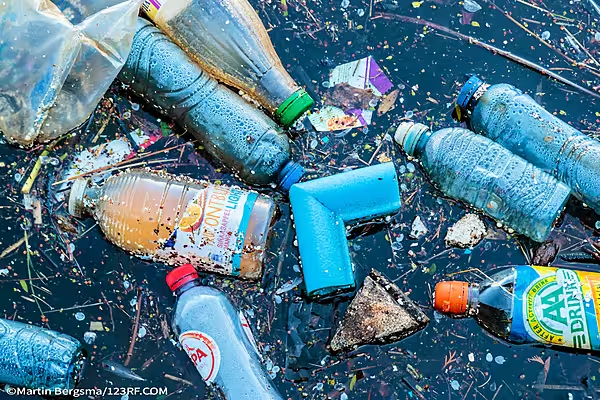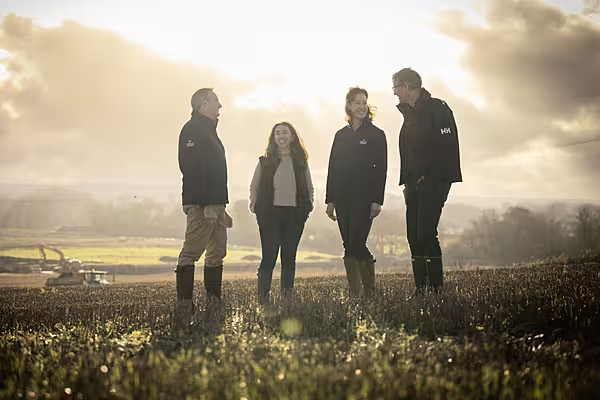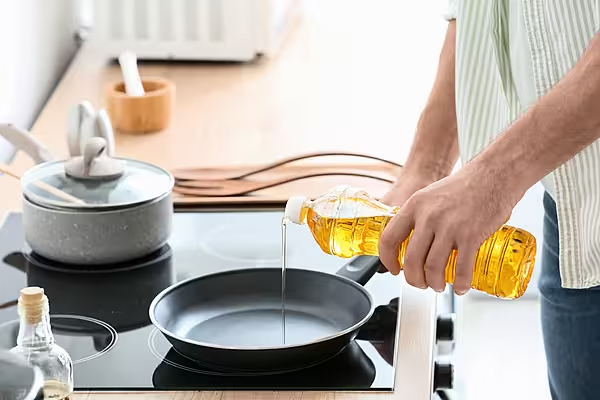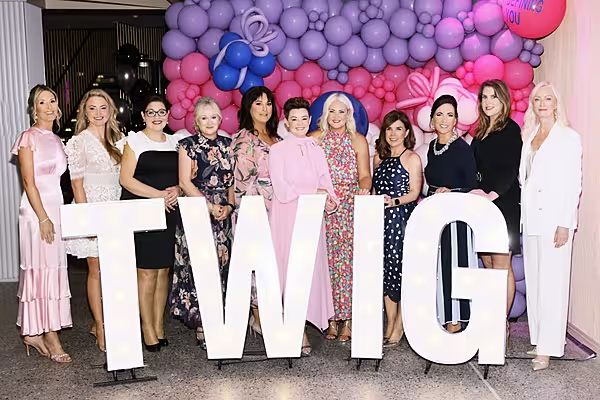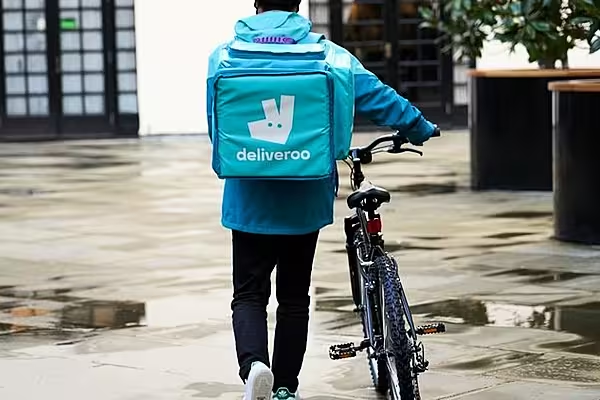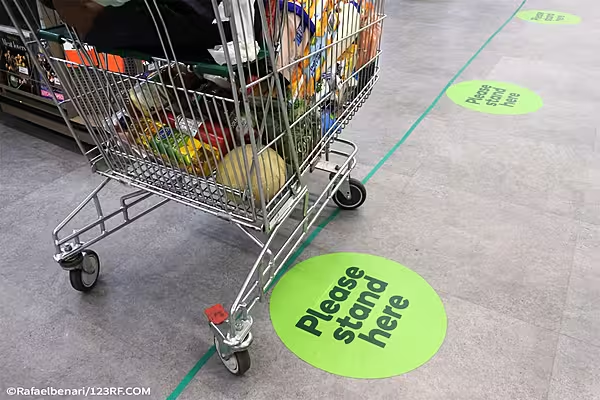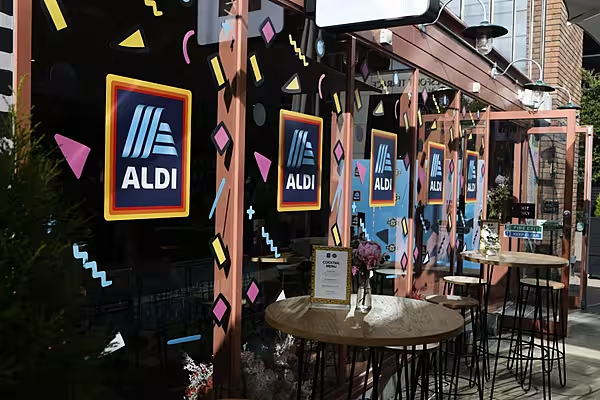Ireland’s Deposit Return Scheme (DRS) reduced the number of bottles and cans discarded on streets, but failed to impact overall litter levels, according to a survey by Irish Business Against Litter (IBAL).
IBAL surveyed 40 towns and cities across Ireland, finding that Naas, in Kildare, was the cleanest town in Ireland, while deeming Dublin’s North Inner City the most littered area in the country.
Dublin’s city centre was deemed only marginally better than the North Inner City.
A bin bag ban has come into effect in Dublin’s South Inner City, to tackle littering, with its success and potential expansion hinging on enforcement, IBAL noted.
Overall litter levels matched those of 12 months ago, though An Taisce – which conducts surveys on behalf of IBAL – praised Naas on the achievement, ‘[which] didn’t happen overnight.’
Some 60% of the towns surveyed were deemed ‘clean’, as Galway replaced Waterford as the country’s cleanest city.
Introduced on 1 February 2024, the DRS applies a small deposit to bottles and cans that is refunded when those containers are returned to collection points.
This scheme aimed to promote a circular economy in Ireland, and engagement has steadily grown over the past year, as consumers adapted to the change, reaching 750 million returns in November.
Re-turn – the operator of the scheme – introduced shelves on public bins in late 2024, to prevent rummaging and littering, as people searched for discarded drink containers to redeem.
‘Maintain The Momentum’
Commenting on the impact of the DRS on litter levels, Conor Horgan of IBAL said, “We are definitely seeing cans and bottles disappear from our streets, which is very welcome – not only are they unsightly, but the bottles contribute to the very real problem of plastic pollution.
“However, it is clear from our survey that people continue to discard a wide range of litter types, with flagrant disregard for their surroundings.”
Horgan noted the need for stricter rules on waste and littering.
He said, “The DRS was one of a number of structural measures broached by the last government as part of its environmental agenda, with knock-on benefits in terms of litter.
“A ban on disposable vapes and a coffee cup levy were others.
“The need for such measures is evident in the stubbornly low penetration levels of refillable coffee cups and the proliferation of highly damaging vape litter, which cannot be recycled.
“If we are to see sustainable improvement nationwide, it is important that the incoming regime maintain the momentum on anti-litter legislation.”
Killarney – which outlawed disposable coffee cups in 2023 – was one of the most improved towns in 2024, rising from 14th to fourth in the rankings.
“Given the evident success of this initiative in Killarney, it is perplexing why other towns have not yet followed suit,” Horgan said.
Read More: TOMRA’s New Reverse Vending Machine Allows Multiple Returns At Once
